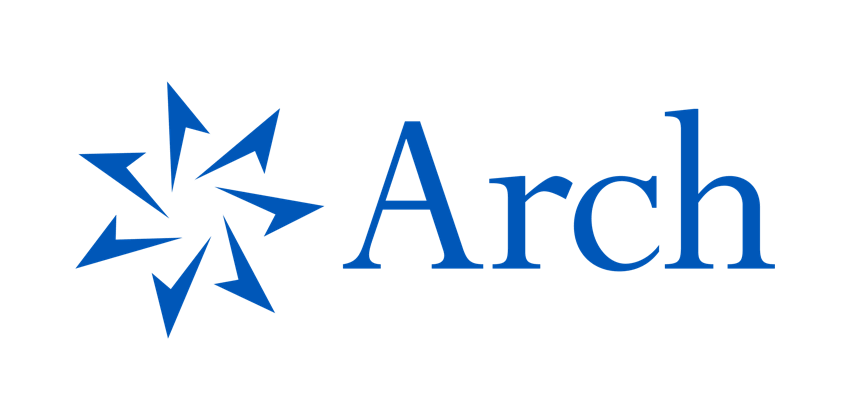Arch gets third-party capital catastrophe book commissions after profitable 2023

Arch Capital has recognised higher contingent commissions thanks to the performance of property catastrophe reinsurance business written for third-party capital providers, according to the firm’s CFO Francois Morin.
Arch Capital works with many insurance-linked securities (ILS) fund managers and other ILS investors, helping them to access the returns of reinsurance business by fronting risks for them and sharing participation in deals it underwrites.
Despite the fact Arch’s activities in this fronting for ILS and provision of other third-party capital investor-related services has been increasing in recent years, since its entry to that space around 2019, there is rarely any visibility of what benefits it brings to the firm’s bottom-line.
But, the latest results from Arch highlight a decline in its underwriting expense ratio for the first-quarter of 2024, with the figure dropping more than two points from 26.7% to 24.4%.
ILS and third-party capital related profit commissions are often reported as an offset to expenses and it seems this is where Arch Capital is accounting for some of its income from that ILS market related activity.
Arch said in its results that part of the decrease in expense ratio is down to “higher contingent commissions on ceded business in the 2024 first quarter.”
Asked about this during the firm’s earnings call yesterday, Francois Morin, EVP, CFO and Treasurer of Arch Capital Group said, “A lot of it is third party capital.”
He continued to explain that, “Last year was a very light, or good year, for the performance of that book. So, of those agreements, many of them actually pay us a commission, there’s a base and then there’s a variable aspect to it, and that was a large part of that.
“So that’s effectively performance based commissions on property cat for property business.”
Performance commissions take time to flow through, as obviously the performance of the underlying business needs to be understood before they are paid.
With 2023 such a profitable year in global property catastrophe reinsurance, it’s no surprise Arch will be benefiting from a flow of these this year.
Later during the earnings call, Morin also discussed fee income and while he did not call out the ILS and third-party capital business at Arch, it’s clear the statements are relevant and provide a little more insight into how Arch thinks about the money it earns by underwriting for third-party capital and servicing ILS investors.
“It’s grown over the years for sure. I think that the difficulty or the reality we face is some of these fees, the revenue we get, that has some expenses that go with it, then those are commingled with our own internal expenses. So, isolating, call it the margin on those contracts is a little bit kind of cloudy,” Morin explained.
Going on to say that, “But yes, it’s grown, it’s part of what we do. It’s part of leveraging your platform, leveraging your underwriting capabilities in all our segments, right. All three segments have some fee income that comes in to theirs.”
Finally, Morin also noted that, on fee income, “It’s become a bit more sizeable for us.”
That’s likely, at least in part, down to Arch’s successful partnerships with ILS managers and third-party investors, as the company has positioned itself as not just a user of third-party capital, but also a company that helps to facilitate its access to risk, while getting paid in the process.
Arch has been smart to position itself at the fulcrum of capital and risk in the industry, as have a number of other major firms, which allows them to benefit from ILS market trends and growth, while also working with third-party capital to enhance their own relevance and usefulness to clients.






